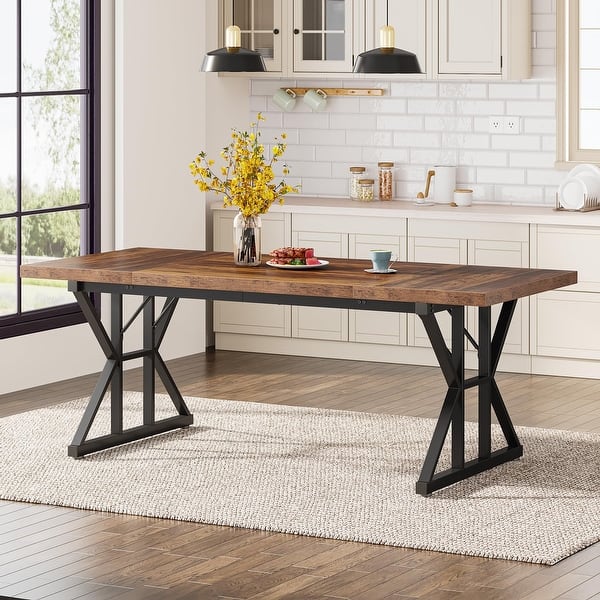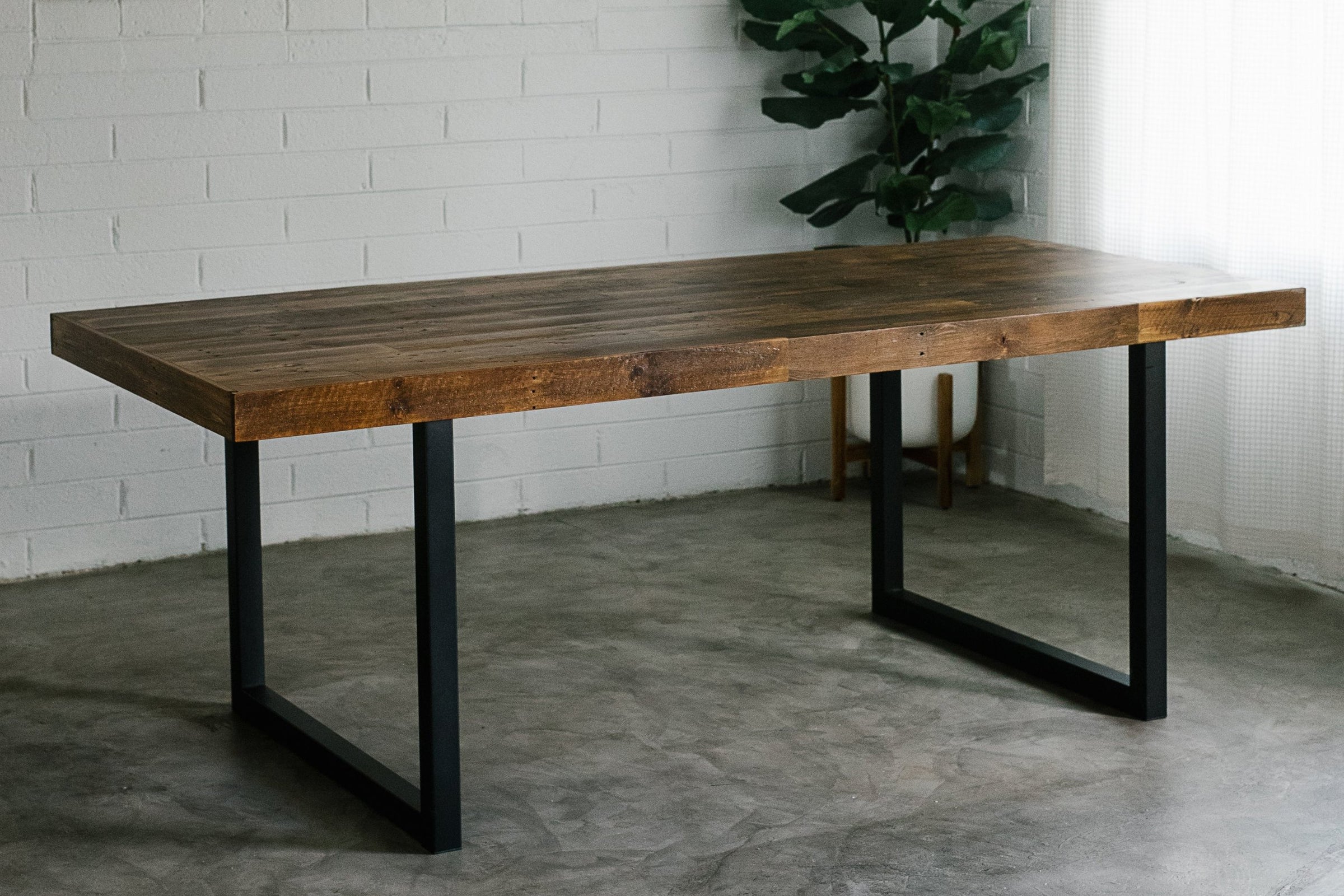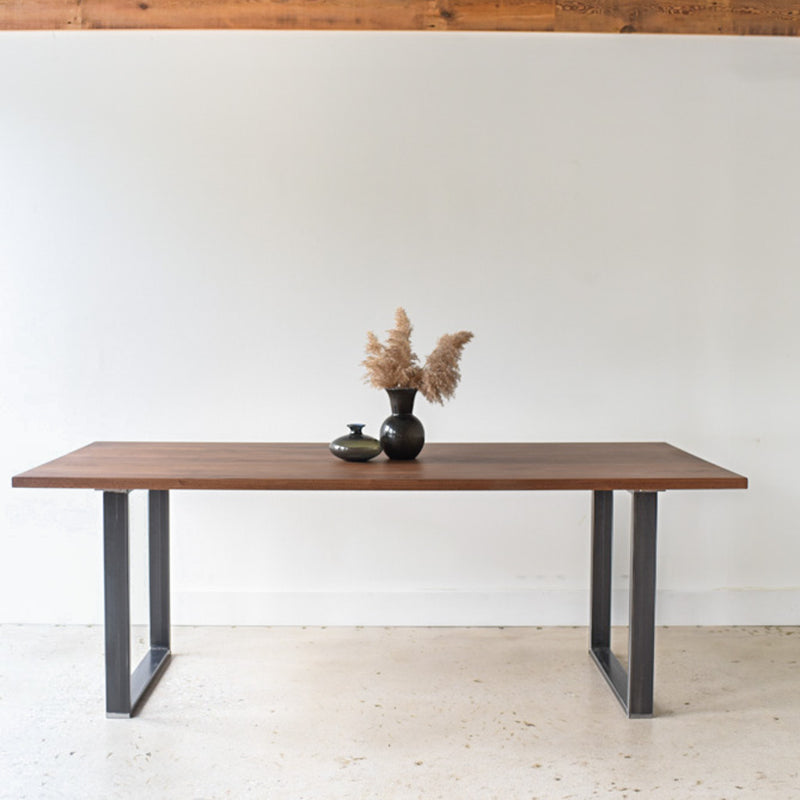Add a Rustic Touch to Your Table with Classic Dining Table Legs Wood
Add a Rustic Touch to Your Table with Classic Dining Table Legs Wood
Blog Article
Vital Factors To Consider for Choosing the Right Table Legs Timber
Selecting the ideal wood for dining table legs includes a nuanced understanding of various factors that affect both functionality and visual charm. The choice of timber kind, ranging from robust woods to much more delicate softwoods, plays a critical function in making certain durability and stability. Each of these elements can considerably impact the total experience of your dining space.
Relevance of Wood Kind

Hardwoods, such as maple, oak, and walnut, are commonly favored for their toughness and resistance to put on. These kinds of timber supply a robust foundation that can endure daily use, making them perfect for dining tables that experience frequent celebrations. On the other hand, softer timbers like want may be much more vulnerable to dents and scrapes, which may not be perfect for high-traffic areas.
In addition, the selection of timber can likewise impact the convenience of upkeep. Some woods require normal oiling or securing to protect their appearance, while others might be a lot more forgiving. Ultimately, picking the proper wood type entails balancing aesthetic factors to consider with functional requirements, ensuring that the eating table legs not only look appealing yet likewise stand the examination of time.
Examining Stability and Toughness
When examining table legs, one have to think about the stability and stamina they provide to the total structure. The legs are essential in sustaining the table top and making sure the dining experience is secure and pleasurable. A secure table is necessary for avoiding tipping or wobbling, which can cause spills or accidents throughout dishes.
The option of timber type dramatically impacts toughness. Hardwoods such as oak, maple, and walnut are generally a lot more long lasting and robust than softwoods like yearn or fir. Furthermore, the thickness and layout of the legs play a vital role; thicker legs or those with a conical layout can provide far better assistance and stability.

Aesthetic Factors To Consider
While functionality is vital, the visual appeal of eating table legs can not be overlooked, as they substantially affect the overall style and setting of the eating space. The option of layout, finish, and wood can take away or boost from the table's visual impact.

Coatings also play a crucial function in aesthetics. A natural coating can highlight the wood's innate elegance, go while painted or discolored legs can present shade and personality into the room. The percentage and scale of the legs relative to the tabletop and surrounding furnishings has to be considered to ensure visual balance and cohesion.
Eventually, the table legs need to not just offer a functional purpose but likewise contribute to a cohesive and inviting environment, making them a crucial factor to consider in the total layout of the eating location.
Upkeep Needs
To make certain long life and maintain the elegance of wood table legs, normal upkeep is crucial (Dining Table Legs Wood). Timber is an all-natural product that can be at risk to harm from dampness, warm, and use. As a result, developing a routine care plan will considerably improve the toughness of your table get redirected here legs.
Begin with regular cleaning utilizing a soft, lint-free fabric to remove dust and particles that can scrape the surface. For even more complete cleaning, use a light soap option and damp towel, avoiding excess dampness that might leak into the timber. It is recommended to apply a high-quality timber polish or conditioner every few months to nurture the wood and preserve its luster.
In addition, take into consideration the atmosphere where the table is placed. Avoid straight sunlight, as it can create fading, and utilize coasters or placemats to safeguard the surface area from warm and moisture. Attend to any scrapes or dents promptly with ideal wood filler or touch-up pens to stop additional deterioration. By sticking to these upkeep needs, you will not just maintain the aesthetic allure of your wooden table legs but likewise expand their practical life-span.
Budget and Cost Elements
Budget plan and expense variables regularly play an essential function in the decision-making process for choosing wooden dining table legs. When examining alternatives, it is necessary to develop a clear spending plan that aligns with your overall furnishings financial investment. The price of wood eating table legs can differ substantially based upon the sort of layout, workmanship, and wood complexity.
Hardwoods such as walnut, cherry, and oak usually regulate higher prices as a result of their durability and visual charm. In contrast, softer woods like pine may be a lot more budget-friendly however might not offer the very same durability. Additionally, custom or artisan-crafted legs can sustain additional costs, mirroring the skill and time bought their creation.
It is likewise vital to take into consideration the potential lasting worth of your financial investment. While choosing lower-cost materials could seem financially sensible at first, they might need even more regular replacement click to read or fixings, eventually raising general expenditure.
As a result, balancing top quality and cost is crucial. Prioritize products that satisfy your visual preferences while guaranteeing they fit comfortably within your spending plan, allowing you to produce an eating area that is both useful and visually attractive.
Conclusion
In verdict, selecting the appropriate wood for dining table legs necessitates careful consideration of different elements, including wood type, stability, looks, upkeep, and budget plan. Eventually, a knowledgeable choice will improve the durability and visual appeal of the dining table, ensuring satisfaction and functionality for years to come.
Choosing the appropriate kind of timber for dining table legs is important for both aesthetic appeal and structural honesty. Inevitably, choosing the proper wood kind involves stabilizing visual considerations with useful requirements, ensuring that the eating table legs not only look appealing but additionally stand the examination of time.
It is recommended to apply a premium timber polish or conditioner every few months to nourish the wood and preserve its gloss.
The cost of wood eating table legs can differ substantially based on the kind of craftsmanship, timber, and style complexity.
In verdict, choosing the appropriate timber for dining table legs demands cautious consideration of numerous aspects, including wood kind, stability, visual appeals, upkeep, and budget.
Report this page